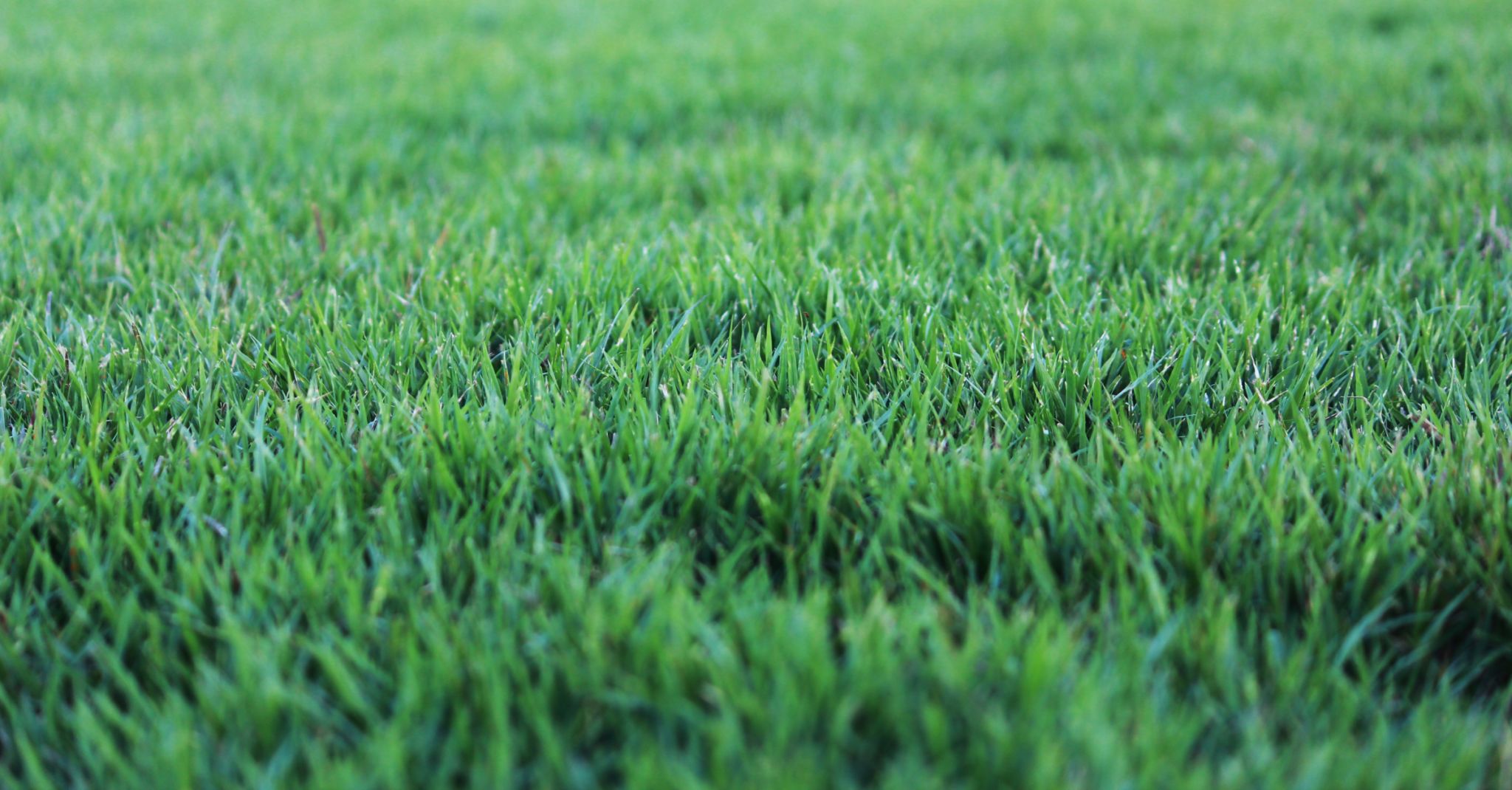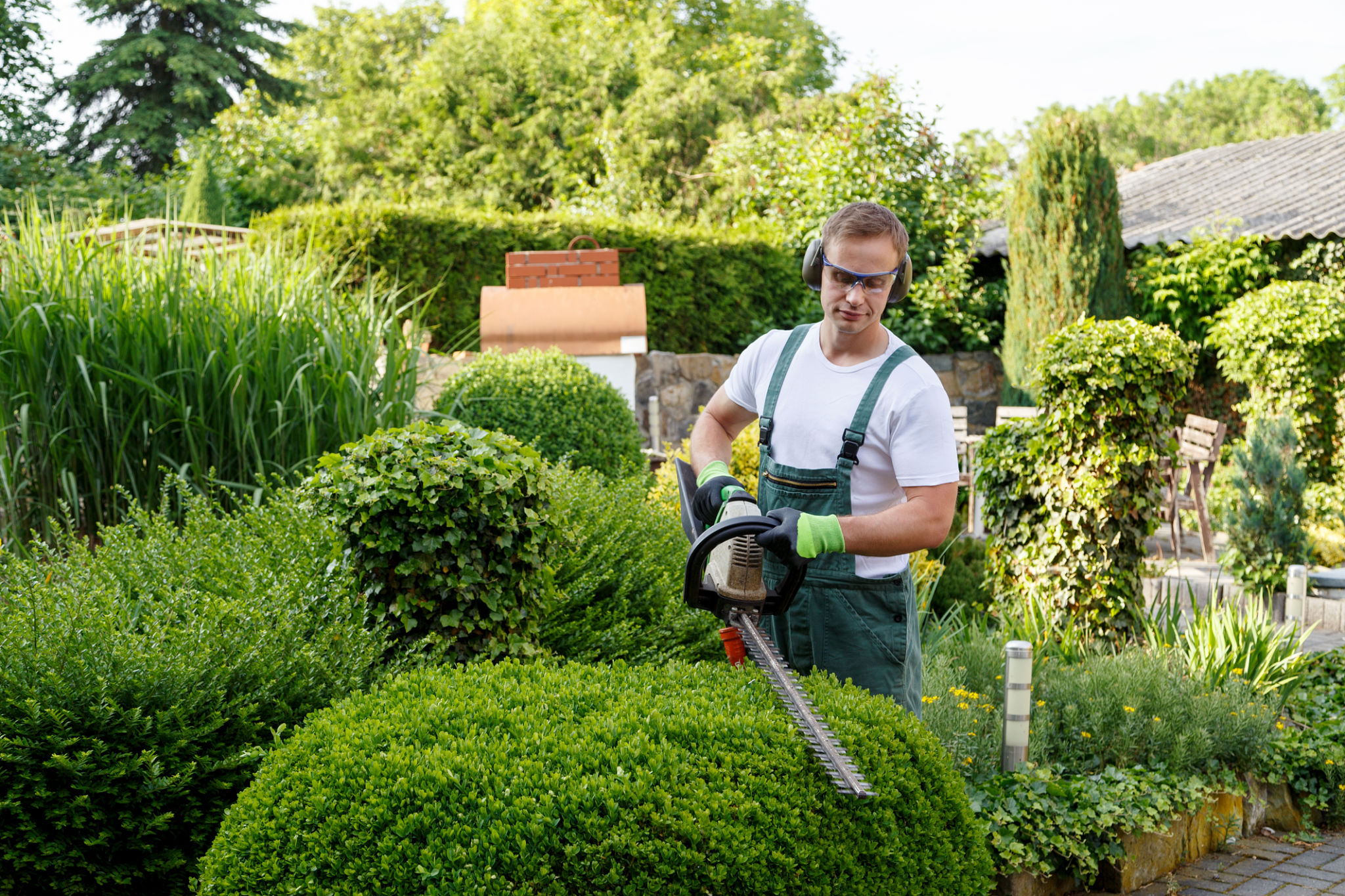Myths About Eco-Friendly Lawn Care Debunked: What You Need to Know
Understanding Eco-Friendly Lawn Care
Eco-friendly lawn care has gained significant attention in recent years, as more homeowners are becoming conscious of their environmental impact. However, along with this growing interest, several myths have emerged that may deter people from adopting sustainable practices. In this post, we'll debunk some common myths and provide the truth about eco-friendly lawn care.

Myth 1: Eco-Friendly Lawn Care is Too Expensive
One of the most persistent myths is that eco-friendly lawn care is prohibitively expensive. The reality is quite different. While some initial investments may be needed for certain products or tools, the long-term savings are substantial. For example, reducing water usage and relying on natural fertilizers can decrease your utility bills and eliminate the need for costly chemical treatments.
Additionally, sustainable lawn practices often involve using native plants and grasses that require less maintenance and resources. This not only saves money but also reduces your lawn's environmental footprint.
Myth 2: Sustainable Practices Don't Yield Good Results
Another common misconception is that eco-friendly practices result in a lackluster lawn. On the contrary, lawns maintained with sustainable practices can be just as lush and vibrant as those treated with synthetic chemicals. The key is understanding your lawn's specific needs and applying appropriate techniques.

For instance, using compost as a natural fertilizer can significantly enhance soil health, leading to stronger grass growth. Moreover, mowing at the correct height and leaving grass clippings on the lawn can help retain moisture and provide essential nutrients.
Myth 3: It's Too Time-Consuming
Some homeowners believe that eco-friendly lawn care requires too much time and effort. While it may take some time to learn new practices, the actual maintenance is often simpler than conventional methods. For example, reducing mowing frequency and allowing grass to grow slightly longer can save time while benefiting the lawn.
Using natural weed control methods, such as mulching or hand-pulling, can also be effective without the need for chemical treatments. These practices not only save time but also promote a healthier environment for your family and pets.

Myth 4: Organic Products Are Ineffective
A prevalent myth is that organic products are not as effective as synthetic options. However, many organic fertilizers and pest control solutions have been proven to work efficiently. They enhance soil health and promote biodiversity, leading to a more resilient lawn.
Moreover, organic products are safer for the environment and reduce the risk of chemical runoff into waterways. By choosing organic options, you're contributing to both the health of your lawn and the planet.
The Benefits of Eco-Friendly Lawn Care
Adopting eco-friendly practices not only benefits your lawn but also supports a healthier ecosystem. By debunking these myths and understanding the truths behind sustainable lawn care, you can make informed decisions that promote environmental sustainability without compromising on quality.
Ultimately, eco-friendly lawn care is about creating a balance between aesthetics and environmental stewardship. With the right information and practices, you can maintain a beautiful lawn while minimizing your ecological impact.
